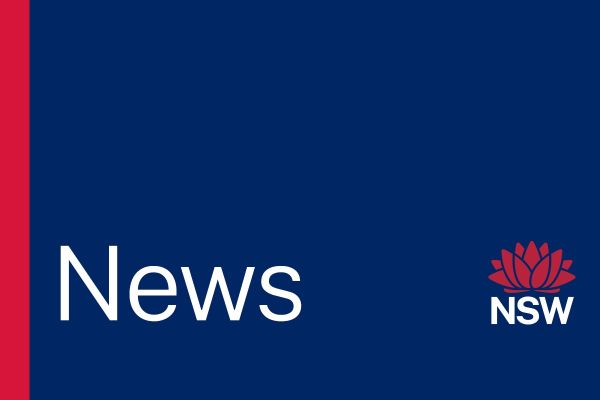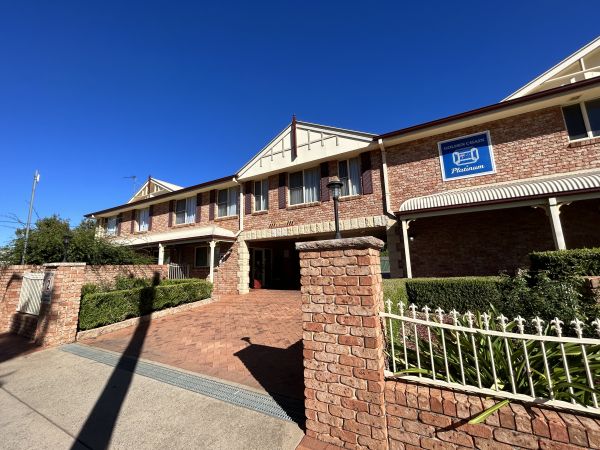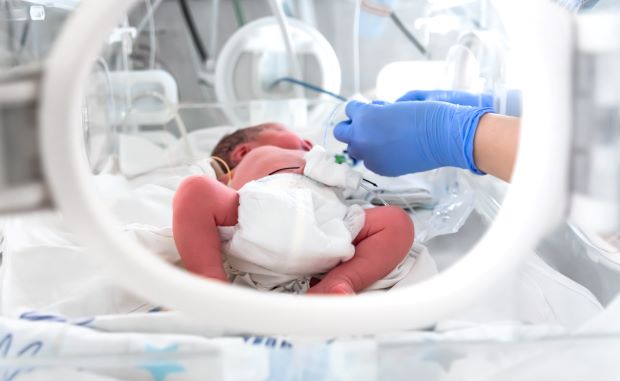
Burnet public health experts and researchers, working in collaboration with Australian scientists and institutes are working to support the Victorian and Federal Governments in their responses to the COVID-19 epidemic.
Burnet Director and CEO, Professor Brendan Crabb AC, has been actively engaged in providing strategic information to the Federal Government and Chief Medical Officers through representation in two high-level advisory committees.
Professor Crabb has been invited to participate in two high-level advisory groups:
the National COVID-19 Health and Research Advisory Committee (NCHRAC), and the COVID-19 Expert Committee of the Australian Academy of Health and Medical Sciences.
He said these committees were important in bringing together some of Australia’s best and brightest minds to help shape governments’ responses.
“The success of the Australian response to-date has been testament to the world class medical and research advice that has been provided and acted upon.”
“We see these various government advisory committees as complementing each other, as the unprecedented health threat of COVID-19 requires a diverse range of thought leaders to analyse, debate and advise on the numerous elements required to respond to this,” he said.
Professor Crabb said he was drawing upon the wide-ranging experience from Burnet Institute’s teams of virologists, immunologists, epidemiologists, and public health professionals when providing advice. This includes Burnet Deputy Directors, Professor Margaret Hellard AM and Associate Professor David Anderson, who have served on specialist NCHRAC Working groups and are leading their own respective COVID-19 projects on public health response and point-of-care diagnostics.
“The fact that Burnet’s sole purpose is to respond to the most complex of health challenges through a multi-disciplinary approach, has positioned our Institute well to make a significant contribution to COVID-19,” Professor Crabb said.
Leading researchers from across Australia have been invited to contribute to rapid research briefs at the request of the Minister of Health, through an initiative led by the Chief Scientist Professor Alan Finkel AO, the Rapid Research and Information Forum.
Burnet Head of Life Sciences, Professor Gilda Tachedjian, said Burnet Institute researchers have contributed to three of these briefs on the current state of COVID-19 vaccines, therapeutics and serological testing.
“It’s critical that policies and decisions are informed by the most up-to-date evidence and decision makers are aware of the latest developments in science to support the public health response and funding allocation decisions,” Professor Tachedjian said.
Professor Tachedjian – a contributing author on one of the papers – said with the unprecedented scale and pace of scientific research on COVID-19, decision-makers needed a line of sight to the research and development landscape for diagnostics, treatments and vaccines, research to understand the virus and evidence-based public health responses.
Burnet Program Director, Disease Elimination, Professor Heidi Drummer – a contributing author on the vaccine rapid research brief – said the pace at which vaccines are being developed and advancing to human clinical trials has been incredible, although there is still a long way to go.
“We should begin to see results from these first trials within the next six months.
“It is fantastic see Australian researchers and companies that support clinical trials at the forefront of the international effort to develop COVID-19 vaccines,” Professor Drummer said.
In another major contribution, eight Burnet epidemiologists, data analysts and public health specialists have been seconded to the Victorian Department of Health and Human Services (DHHS) to assist with the COVID-19 response locally.
Burnet Public Health Registrar, Dr Alyce Wilson was initially seconded to DHHS in February 2020, and since April 2020 has been working there on a week-on, week-off basis.
Happy International Day of Women and Girls in Science!
Today I am working on #novelcoronavirus2019 at @VicGovDHHS
Back to global #maternalandchildhealth next week @BurnetInstitute#WomenInSTEM #WomenInScienceDay@ScienceAU @WomenScienceDay @Alfred_Research pic.twitter.com/33O8Q5v11H
– Dr Alyce Wilson (@AlyceNWilson) February 10, 2020
“I’m working in the Communications team, which is really interesting. I’m providing a public health and clinical perspective on the content,” Dr Wilson said.
Dr Wilson said her role was to translate research and public health policy into language that is understandable to the public, but also relevant to health care services and workers, such as on groups at higher risk of COVID-19, testing strategies, physical distancing and good hygiene practices.
She said her experience working on Burnet’s maternal and child health projects with government departments both in Australia and Papua New Guinea has been helpful in her role at DHHS.
“Having an understanding of the interrelationship between political spheres and public health has been really useful at DHHS,” she said.
“Until we have a vaccine for COVID-19 our key tools for fighting the virus are physical distancing, practicing good hygiene and staying home when unwell. Burnet has been well-positioned to undertake research to understand people’s behaviours which can inform public health policy.”
These secondments and research briefs form the basis of Burnet’s COVID-19 Knowledge HUB, or Know-C19 Hub, a repository of novel strategic information on COVID-19 to inform the Australian and International response.
Know-C19 Hub is being coordinated by Burnet Co-Program Director, Health Security, Dr Ben Coghlan, and Burnet Deputy Program Director, Health Security, Dr Suman Majumdar.








